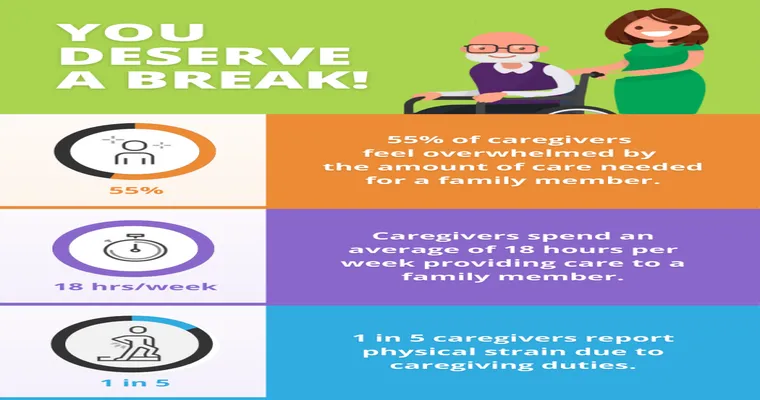Being a "caregiver" is an incredibly rewarding yet challenging role that often involves making tough care decisions. Whether you are caring for an aging parent, a spouse with a chronic illness, or a child with special needs, the weight of these decisions can be overwhelming. Understanding how to navigate the complexities of caregiving can help ease this burden and lead to better outcomes for both the caregiver and the person receiving care.
Understanding the Role of a Caregiver
The role of a "caregiver" extends beyond just physical assistance. It encompasses emotional support, medical management, and often, financial decision-making. Caregivers must be prepared to make choices that can significantly impact the quality of life for their loved ones. This includes decisions about medical treatments, living arrangements, and daily care routines.
Prioritize Open Communication
Open communication is essential when making care decisions. Engaging in honest conversations with the person you are caring for can help clarify their wishes, preferences, and values. It’s important to discuss their health condition, treatment options, and any fears they may have. By prioritizing communication, caregivers can feel more confident in making decisions that align with the desires of their loved ones.
Gather Information
Knowledge is power in the world of caregiving. Taking the time to gather information about the illness or condition your loved one is facing can facilitate better decision-making. Research treatment options, consult with healthcare professionals, and connect with support groups. Understanding the potential outcomes and side effects of different approaches will enable you to make informed choices that reflect the best interests of your loved one.
Evaluate Options
When faced with tough care decisions, it's crucial to evaluate all available options. Consider the pros and cons of each choice, and think about how they align with the goals and values of the person in your care. For instance, if a loved one is considering a specific medical treatment, weigh its potential benefits against the possible side effects and impact on their quality of life. This thorough evaluation will help you choose the path that is most suitable for their unique situation.
Seek Support
Caregiving can be isolating, and seeking support from others can significantly ease the strain. Whether it’s connecting with fellow caregivers, reaching out to family members, or consulting with healthcare professionals, having a support system can provide valuable perspectives and relief. Support groups, both in-person and online, can offer advice, share experiences, and provide emotional encouragement during difficult times.
Trust Your Instincts
As a caregiver, your intuition is a powerful tool. Trusting your instincts can guide you in making the right decisions. If something doesn’t feel right or if you sense that a particular option may not be in the best interest of your loved one, it’s important to speak up. Your unique understanding of their personality and preferences can help shape decisions that align with their needs.
Prepare for Change
Caregiving often involves navigating unforeseen circumstances, which means being adaptable is crucial. As conditions change, so too may the decisions you need to make. Being prepared to reassess care plans and options as situations evolve can help you stay proactive rather than reactive. Flexibility can lead to better outcomes and a smoother caregiving experience.
Conclusion
Life as a "caregiver" involves navigating a complex landscape of emotions and responsibilities, often requiring tough care decisions. By prioritizing open communication, gathering information, evaluating options, seeking support, trusting your instincts, and preparing for change, you can make informed choices that enhance the well-being of your loved one. Remember, you are not alone in this journey, and there are resources and communities available to help you along the way. Embrace the rewarding aspects of caregiving while also acknowledging the challenges, and you will find a path that honors both your needs and those of the person you care for.





